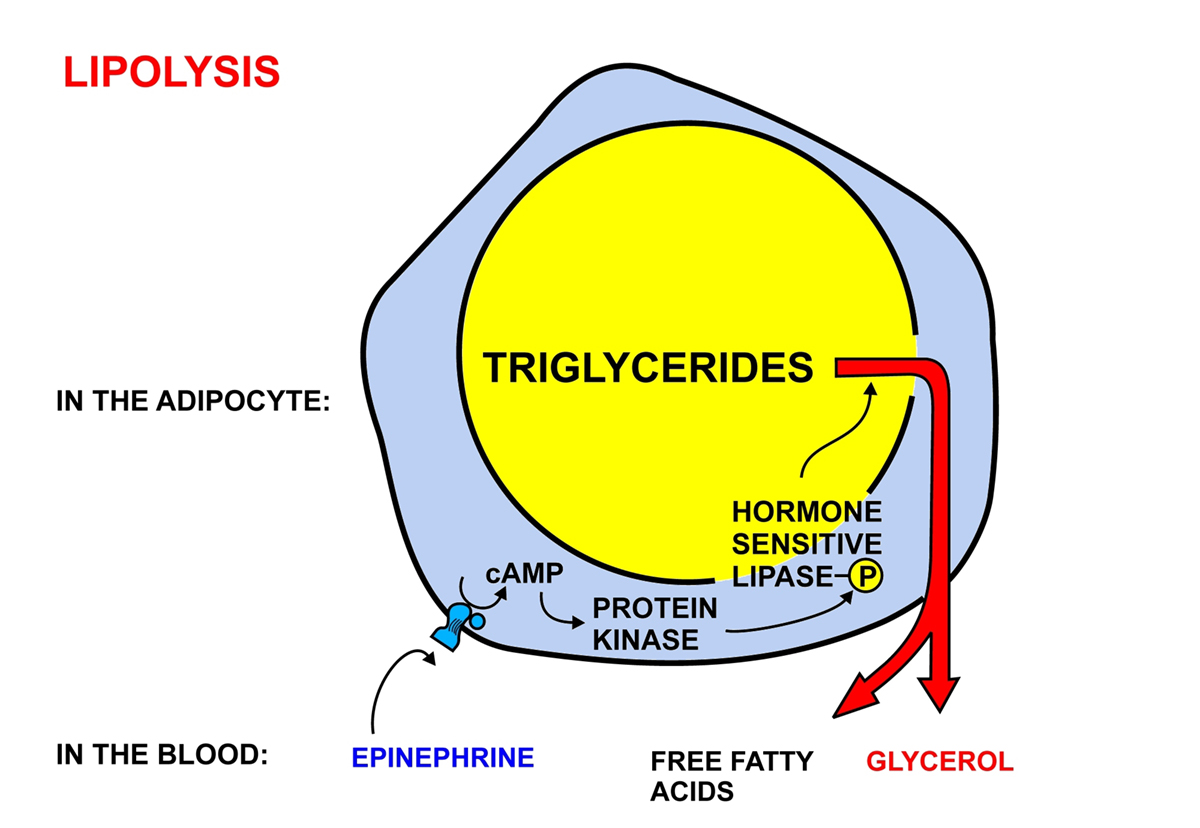
Regular Breakfast
It is well known that the breakfast is the most important meal of the day. If you skip breakfast, thinking that you are saving consumed calories, consider the following. During sleep, your body was in state of forced fast for eight or more hours. When you wake up and don't intake any food, natural reaction of the body is self-defense which automatically slows down metabolism to the lowest level, in order to preserve calories. Not only that anything you eat during the day is far more likely going to end up like fat deposits, but also, chances to burn fat that day are minimal. And the worst just going to happen. Later, during the day you will be pretty hungry, and probably yearn for a food that is not good for you. With the current slowed metabolism (because you skipped breakfast), much more fat from this not-so-quality food will deposit more than usual.Eating More Often
Besides skipping breakfast, the next very important killer of metabolism is making big time differences between meals. Every time you eat something, your metabolism speeds up to process food. The more frequently you eat, the more often you will speed up your metabolism. However, it is important to eat smaller meals, because five heavy meals a day will not be of great help in burning fat. Try to eat five or more times a day, including healthy snacks between main meals.Intensive Exercising
Metabolic rate is directly related to the intensity of performed exercise. Walking will burn calories and slightly raise the metabolic rate, but this can't be compared to the effect that may be achieved by high intense training. This type of training can speed up the metabolism for full 24 hours or more after exercise. If you cannot stand intense training, you can always find ways to make walking more intensive - walking quickly, walking uphill, walking with weights, and so on.Exercising With the Weight
Training with weight loaded builds up muscle mass that has a very large impact on the metabolic rate. Muscle tissue is very metabolically active. The body burns a lot of calories just to maintain it. The weight training has a triple effect on the metabolism. It burns calories during exercise, increases the metabolic rate long after the end of exercise and builds extra muscles.Eating More Proteins
Comparing the three main macronutrients (proteins, carbohydrates and fats), proteins require the most energy to be digested. Therefore, the proteins are less susceptible to conversion to fat storage in the body. Protein will also help to build more muscle. It is recommended to supply the body with enough quality proteins from various sources - lean beef and veal, chicken, fish, eggs, soy, etc.Taking Vitamins
The metabolic rate essentially depends on chemical reactions in the body. Vitamins, minerals and water are essential elements of these chemical reaction. If there is not enough of these components in the body, it's functioning will be limited. Taking multivitamins regularly, will support the metabolism and improve the general health.Reducing Fat Intake
Foods rich in fat take longer to digest and provide much longer feeling of satiety. A sense of fullness is good when you want to lose fat because uncontrollable hunger attacks happen rarely. But, on the other hand, food that provides long periods between meals may result in slowing down the metabolism.
















Your thoughts on this
Loading...